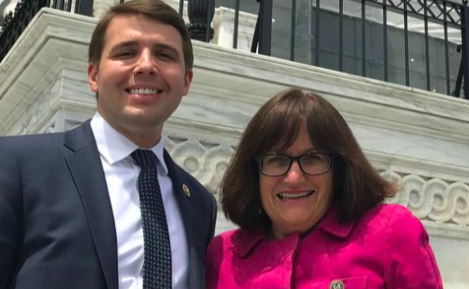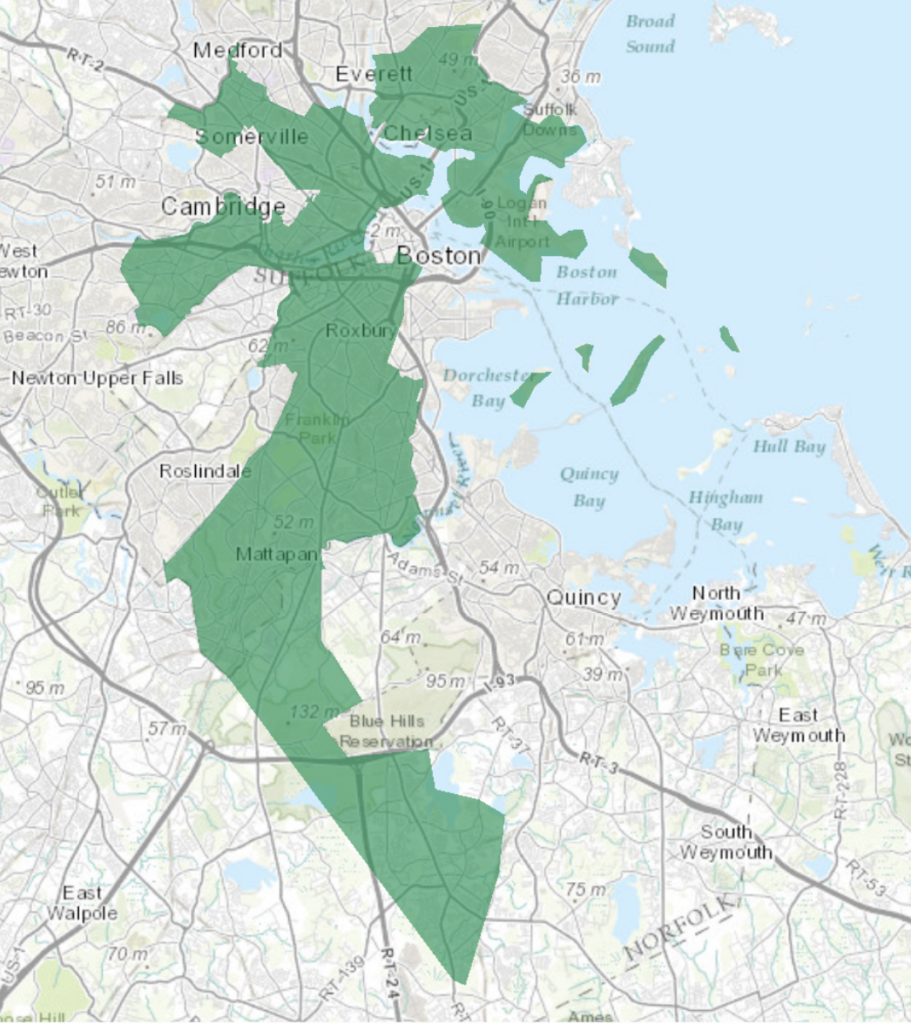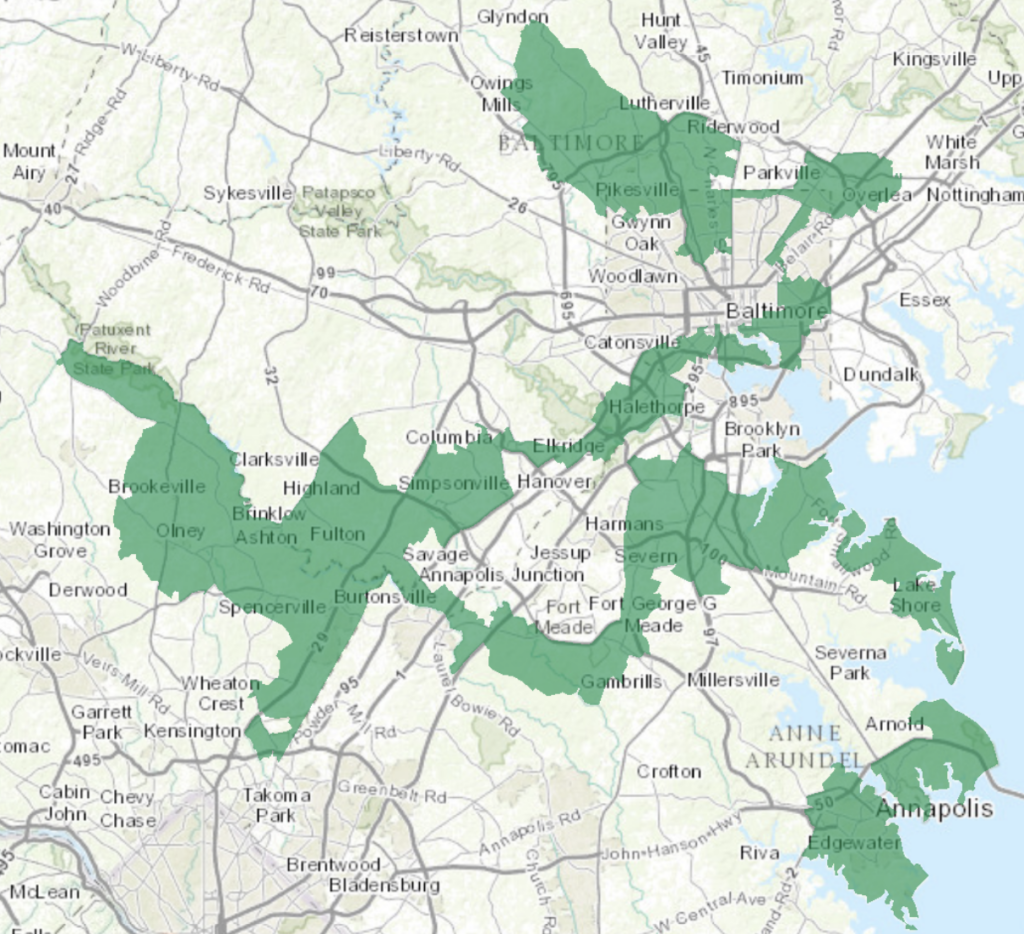HUFF BROWN: ‘One-Person, One-Vote’ Is A Principle Republicans Must Fight For

The right to vote is the most sacred right a citizen has in a democracy. It underpins the whole concept of self-government and the very idea of “We the People.” It’s a right that has not come easy for many in our country, and one that must be guarded fiercely because it holds the key to the power and prestige that those with unbridled ambition are willing to lie, cheat and steal to acquire.
 That is why election integrity is so important to Republicans, and why we are unwavering in our commitment to the principle of one man, one vote. When that principle is violated, it breeds dangerous cynicism that is cancerous to our republic. We must treat vote fraud and election tampering for the crime against democracy that they are and be vigilant in preventing and punishing them.
That is why election integrity is so important to Republicans, and why we are unwavering in our commitment to the principle of one man, one vote. When that principle is violated, it breeds dangerous cynicism that is cancerous to our republic. We must treat vote fraud and election tampering for the crime against democracy that they are and be vigilant in preventing and punishing them.
That is why I recently issued my plan to strengthen election security and improve confidence in our election outcomes through a series of simple measures that keep it easy to vote, but make it harder to cheat. My seven-point plan will do the following:
-
Require Voter ID. Those seeking to vote should present verified identification just like you must do when you buy a beer, board a plane or establish employment eligibility.
-
Remove The Statute Of Limitations For Vote Fraud. Those who commit voter fraud, whether it was a year ago or six years ago, must be held accountable and prosecuted to the maximum extent of the law. We must remove the statute of limitations on cases of election fraud.
-
Increase Penalties For Vote Fraud. Every fraudulent vote cancels out a legitimate one. We need to treat voter fraud as the crime against democracy that it is by increasing penalties so that would-be election thieves think twice before cheating.
-
Implement Election Audits. Where credible evidence of election irregularities exists, we must conduct forensic audits by a multi-partisan committee of election security experts, just as we did in the town of Windham. Proper audits in legitimate circumstances will serve to strengthen confidence in our elections and our government.
-
Require In-Person Voting Except With A Legitimate Excuse. In-person voting on Election Day is not just an important part of our civic culture, but it is a critical election security measure that requires you to show yourself at the polls. New Hampshire should retain its custom of in-person voting, and continue to allow absentee voting only under special circumstances where it is a necessary accommodation for someone to cast their ballot.
-
Provide Enhanced Training For Election Workers. Our election officials are mostly volunteers doing the best they can to implement free and fair elections, and they almost always get it right. But innocent mistakes do happen. By providing enhanced training on proper election procedures, we can reduce human error and the resulting frustration and cynicism.
-
Protect States Rights & The First In The Nation Primary. Our friends and neighbors, who we know and trust – and who know us – should oversee our elections, not nameless, faceless, federal bureaucrats. While Chris Pappas supports the federalization of our elections, which would undermine New Hampshire’s state constitution and our long history of competently run elections, I will always put New Hampshire first. And we must never give up New Hampshire’s status as the First-In-The-Nation primary. Our unique, grassroots style of politics is a critical safeguard that ensures big money and Big Tech aren’t deciding factors in making our presidential nominations.
These are important measures for restoring trust in our elections, which are the lifeblood of our democratic republic. In the Republican primary for Congress, we have a responsibility to nominate a candidate who can credibly advance election integrity and the principle of one man, one vote. Our nation truly does depend on it.
 Gail Huff Brown is a candidate in the Republican primary in the First Congressional District. If you also stand for Election Integrity, please donate to Gail here.
Gail Huff Brown is a candidate in the Republican primary in the First Congressional District. If you also stand for Election Integrity, please donate to Gail here.






 Democrats responded to this modest display of candor with outrage.
Democrats responded to this modest display of candor with outrage.



